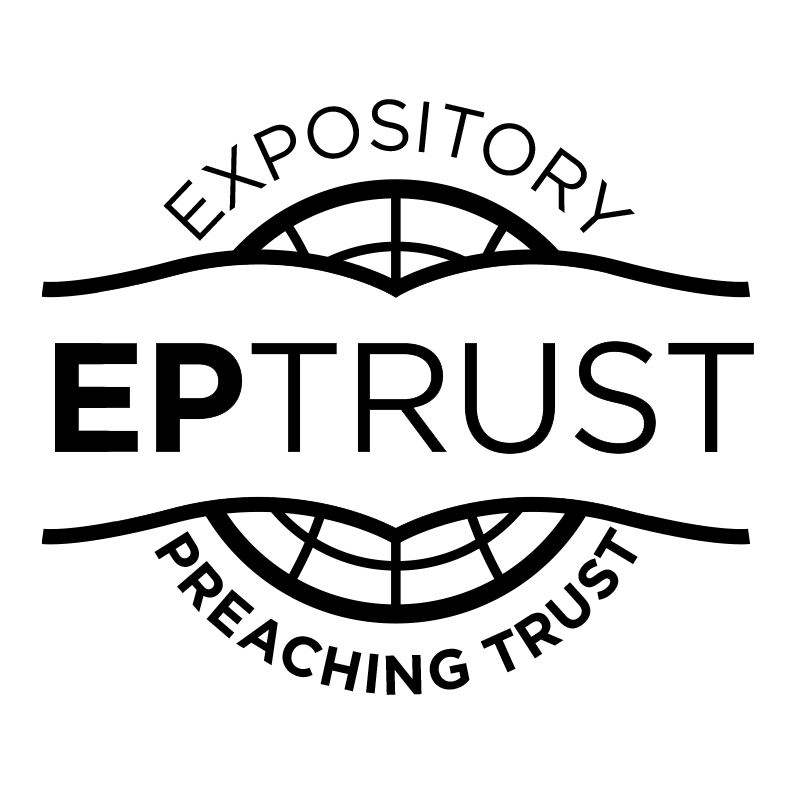This year, the quieter period of church life when families are away and thoughts turn to cricket test matches, begins on Sunday 29 December and continues through 5, 12,19 and 26 January.
A total of 5 Sundays before life returns to normal on 2 February.
Some preachers use these Sundays to give younger preachers an opportunity to preach, others take a series on Psalms at each holiday period, so they continue with the next consecutive Psalm.
Why not make a special event of these Sundays because it is a special time as we turn the page on one year and get ready for 2025.
At the church I attend, the preaching is always expository and the team mostly preach through whole books; this year our Pastoral team has preached through 1 Peter, Luke, Ephesians and 1 Samuel.
For the 5 Sundays over the break we are planning a series, preaching on single texts which we will probably call : ‘ 5 Deposits for your Memory Bank’, and in the children’s talks we are going to teach these texts as memory verses.
Scripture memorisation seems to have slipped out of contemporary spiritual disciplines, it ought to be revived for young and old alike.
Most of us are not used to preaching texts.
Here are some suggested principles:
- Every text has a context, make sure the text is placed into the context of the Bible passage.
- Make sure that you don’t preach on the context and the text, that is what is done each week. The context informs the understanding of the text, the focus of the sermon however will be on the text alone.
- Text preaching requires close examination of word order, parsing, person, number, tense, voice and word meaning.
- The text preacher needs to meditate on the text, live with it, cross examine it, what is the writer saying, why does he say it, why does he say it like this, what is he saying that surprises, what emotion does this text engender, this text is making a statement, what is the equivalent question it is answering, what is the text urging me to do and not to do?
These are similar questions that the preacher asks of the Bible passage except these questions are being asked of one or two verses. - Repeat the text often throughout the sermon, making sure you have memorised it yourself!
- Don’t forget that structure serves clarity, though you are dealing with a small section of the Bible, texts have a structure.
We might select texts from the books preached this year, a good way of repeating what has already been covered earlier in the year:
1 Peter 5:6-7.
Luke 9:24-25.
Ephesians 2:8-10.
1Samuel 16:7.
Some other texts we will consider:
Psalm 116:12-13. ( Good for 26 January, Chaplain Richard Johnson’s text at Sydney Cove, 1788).
Psalm 139:16.
Proverbs 1:30-31.
Isaiah 66:2.
Habakkuk 3:17-18.
John 7:37-38.
Acts 16:31.
Acts 17:30-31.
Romans 8:28-29.
2 Corinthians 5:14-15.
Galatians 4:4-5.
An example of preaching one of these:
Psalm 139:16.
Context, the God who knows, who is everywhere, who is all powerful and the proper response to Him, is the content of this Psalm.
V.16 comes in the section of God’s powerful oversight of our intricate creation, v13-18.
V.16. :God’s involvement in our foetal development – He saw my unformed substance and formed me out of unformed substance.
:The days yet unlived, in that sense unformed, He formed everyone of them for me.
:The days destined for me were written unchangeably in His book.
God’s intimate involvement with each of us, actively overseeing our foetal development, determining not only length of days but the content of each day! Exciting days, mundane days, every single day, God is there with us through each one.
Our response is not a resignation to determinism or cold fatalism but an active love for and trust in the one whose sovereign oversight springs from a heart of love and is precious to us (v17), ‘how precious to me are your thoughts O God’.
How is 2025 best lived? Answer: By trusting in the trustworthy God, every single given day.
We are planning to revisit these 5 memory verses throughout the year.
David Cook.


